Removing institutional and policy bottlenecks
2025 is the final year of the term to implement the Resolution of the 13th National Party Congress; the Central Committee and the Government are determined to achieve the GDP growth target of 8%; promote the revolution of restructuring and streamlining the apparatus; implement Resolution 57/NQ-TW of the Politburo on breakthroughs in science, technology development, innovation and national digital transformation.
2025 is also a year with many major holidays and important events of the country and the year of holding Party Congresses at all levels, towards the 14th National Party Congress with the Era of national development. In that context, according to experts, there needs to be a breakthrough, creating a space for cultural development to meet the requirements of the new situation.
Associate Professor, Dr. Nguyen Thi Thu Phuong - Director of the Vietnam Institute of Culture, Arts, Sports and Tourism said that for culture to truly thrive, it requires not only the self-development of culture but also a solid institutional foundation, breakthrough policies and cooperation from all social sectors. From there, Vietnamese culture will not only maintain its core values but also be given new vitality, ready to welcome changes and affirm the country's position in the global community.
In recent years, cultural institutions and policies have received attention with the issuance of many legal documents by the National Assembly, the Government, and the Ministry of Culture, Sports and Tourism . However, there are still many problems that need to be overcome. First of all, there are overlaps and contradictions in many legal documents at both central and local levels regarding human resources, finance, land, assets, housing, organizations, etc. In addition, many legal documents on culture still tend to be more management-oriented than promoting the development of culture, which requires a more open and liberal mindset.
Art exchange program to perform intangible cultural heritage “Linh Lang - Sacred energy converges - Long Bien shines”. Photo: Pham Hung
“Building and perfecting the policy system must start with an open mind, ready to welcome innovative ideas, encourage creativity and protect the rights of cultural workers. To do this, cultural institutions and policies need to be built with a long-term vision, not only meeting current needs but also anticipating future trends, helping culture to flexibly adapt to changes of the times, contributing to creating development momentum” - Associate Professor, Dr. Nguyen Thi Thu Phuong expressed.
Pham Cao Thai, Director of the Legal Department (Ministry of Culture, Sports and Tourism), also stated that law-making is a difficult task, from summarizing practices to proposing policies, drafting, collecting comments, and a long process of receiving, revising, and explaining... From 2021 to present, the Ministry of Culture, Sports and Tourism has presided over the drafting of 2 draft laws; submitted 21 Decrees to the Government and the Prime Minister and issued 67 Circulars under the authority of the Minister.
In particular, in 2024, the Ministry of Culture, Sports and Tourism chaired the development of 2 draft laws: the Law on Cultural Heritage and the Law amending and supplementing the Law on Advertising; 1 Resolution of the National Assembly on investment policy for the National Target Program on Cultural Development for the period 2025 - 2035.
In particular, the Law on Cultural Heritage and the Resolution of the National Assembly on investment policy for the National Target Program on Culture were voted and passed by the National Assembly in the recent 8th Session with a very high approval rate of delegates.
With the motto of “accelerating, breaking through”, meeting the requirements of the New Era, the Ministry of Culture, Sports and Tourism identifies the important task in 2025 and the coming years as clearing bottlenecks and bottlenecks with institutions; from the “breakthrough of breakthroughs” institution, creating and expanding creative space, developing and promoting resources, taking people as the goal and center.
In particular, building specialized legal mechanisms and policies that are strong enough, synchronous, and compatible with relevant laws; promoting decentralization, delegation of power, cutting down and simplifying administrative procedures, and resolutely eliminating the "asking and giving" mechanism.
In particular, the Ministry of Culture, Sports and Tourism has identified the key task as focusing on developing and submitting to competent authorities for promulgation or promulgating under its authority documents detailing the 2024 Law on Cultural Heritage, ensuring the assigned deadline. At the same time, it will develop, complete and implement the Strategy for the Development of Vietnam's Cultural Industries to 2030, with a vision to 2045, after being approved by the Prime Minister.
At a recent working session with the Ministry of Culture, Sports and Tourism, Deputy Prime Minister Mai Van Chinh also requested the Ministry of Culture, Sports and Tourism to advise on institutional improvement; develop and submit for promulgation detailed documents guiding the implementation of the law. In particular, proactively coordinate with agencies of the National Assembly, relevant ministries and sectors in the process of reviewing, amending and supplementing a number of laws of the sector, ensuring quality and progress requirements.
"The Ministry of Culture, Sports and Tourism needs to urgently present and advise on the development of the cultural and entertainment industries, because if done well, it will contribute to the overall growth of economic sectors," the Deputy Prime Minister noted.
Unlocking investment resources
Culture is the internal strength, the soul of the nation. In the context of the country entering the era of national development, the development of industrialization plays an important role, in order to exploit and promote the potential of Vietnamese culture to serve the socio-economic development. However, to develop cultural industries requires a system of solutions on policies, communication, human resource training, and resources.
According to Vice Chairwoman of Ho Chi Minh City People's Committee Tran Thi Dieu Thuy, the culture and sports sector has not yet received tax incentives to attract investment enterprises because land tax is still at market price. In addition to difficulties in mechanisms and policies, the Law on Value Added Tax (amended) was passed at the 8th Session of the 15th National Assembly, which removed the regulation that goods and services of cultural activities, exhibitions, physical education, sports, performing arts, film production, import, film distribution and screening, which previously enjoyed a preferential value added tax rate of 5%, will be subject to a tax rate of 10% according to the general tax rate. These are difficulties in encouraging investors to participate.
In addition, projects that are not subject to land acquisition by the State as stipulated in Article 79 of the 2024 Land Law must conduct land use rights auctions and bidding to select investors to implement projects using land, and not implement them under the public-private partnership (PPP) method. Thus, with the current land legality of projects being land managed by the State, without land acquisition, investment cannot be carried out under the public-private partnership method, which will limit the implementation of investment projects.
“It is proposed that the Central Committee consider and adjust relevant legal documents to allow projects that are not subject to land acquisition by the State to be invested in under the public-private partnership model. At the same time, direct commercial banks to support credit, prioritizing loans for cultural industrial projects, especially small and medium enterprises,” Ms. Tran Thi Dieu Thuy proposed.
According to experts, investment and support from the State are not only financial resources but also measures to encourage creativity, sponsor artists and create conditions for cultural and artistic talents to maximize their abilities. Investment in culture is not only for art fields such as painting, music, cinema, etc. but also to build an educational foundation, thereby nurturing cultural awareness for each person from an early age.
Therefore, incentive policies such as tax reduction for art organizations, creation of creative support funds, investment in building cultural facilities, public art centers, etc. are important measures to help improve the cultural life of society, while creating motivation for artistic creativity to flourish.
Also related to this issue, Prof. Dr. Pham Hong Tung - Hanoi National University shared that our country is in dire need of financial resources to invest in education, high technology, science, infrastructure architecture, engineering... To solve the problem of resources, in the cultural field, the State should have mechanisms for organizations and individuals to invest in cultural development such as reducing or exempting real estate tax, exempting income tax, exempting corporate tax for enterprises in the cultural and creative industries. At the same time, there are preferential policies to create a favorable investment environment, combining public investment and private investment...
According to Minister of Culture, Sports and Tourism Nguyen Van Hung, the Strategy for the Development of Vietnam's Cultural Industries to 2030, with a Vision to 2045, is in the process of being developed, consulted and finalized. The completion of institutions will help clear bottlenecks and create sustainable development. When resources from the National Target Program on Cultural Development for the 2025-2035 period are available, they must be allocated reasonably and used effectively to develop the fields.
Along with that, Minister Nguyen Van Hung requested units to mobilize resources, support, and create conditions for art troupes and private event organizing companies to participate in the research process, aiming to export culture...
The culture, sports and tourism sector nationwide needs to further promote its core role in the cause with the consistent goal and task of "Strongly arousing the spirit of patriotism, national self-reliance and the aspiration to develop a prosperous and happy country"; need to make breakthroughs in creating a space for cultural, sports and tourism development in the Era of the Vietnamese nation's rise, actively contributing with the whole country to complete the goals and tasks of socio-economic development in 2025 and the period of 2021 - 2025.
Minister of Culture, Sports and Tourism Nguyen Van Hung
Source: https://kinhtedothi.vn/van-hoa-vuon-minh-trong-ky-nguyen-moi-cua-dan-toc-bai-3-doi-moi-tu-duy-kien-tao-khong-gian-phat.654664.html



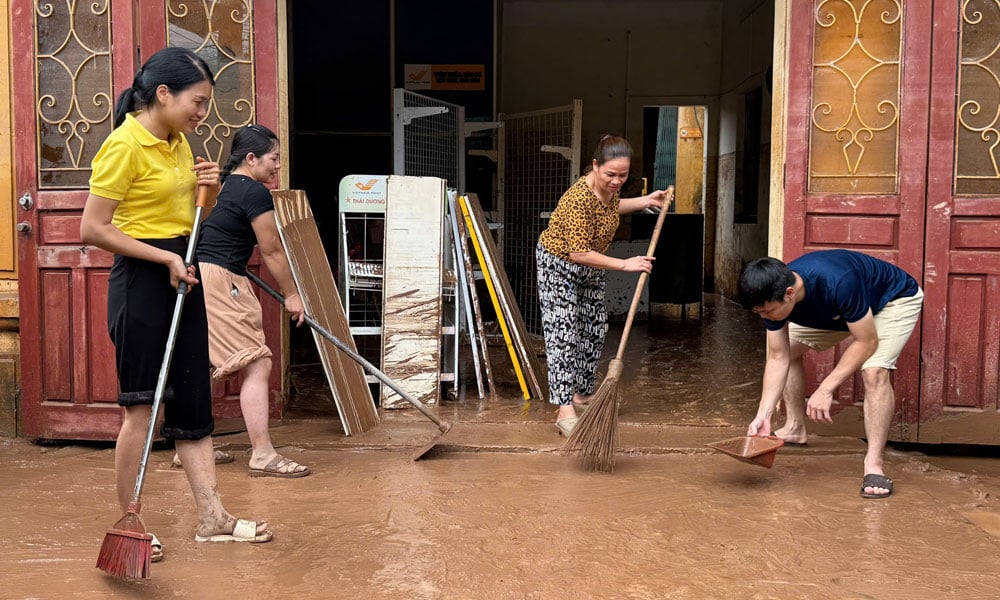
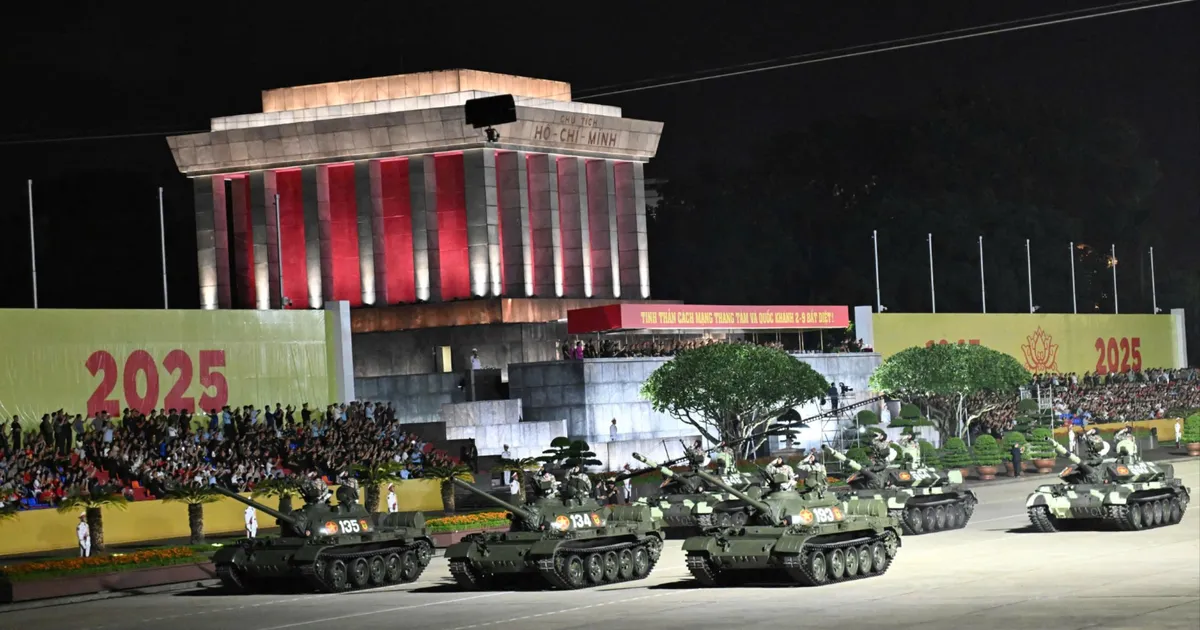
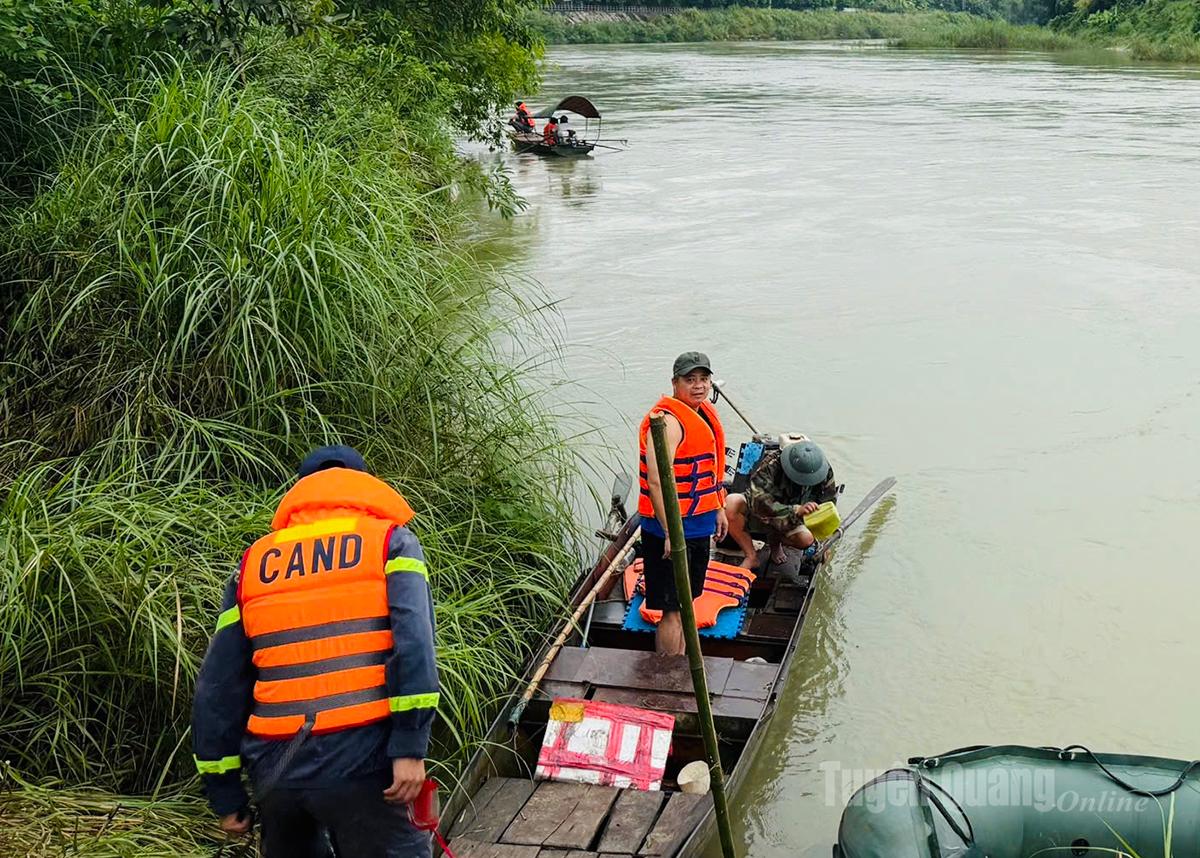

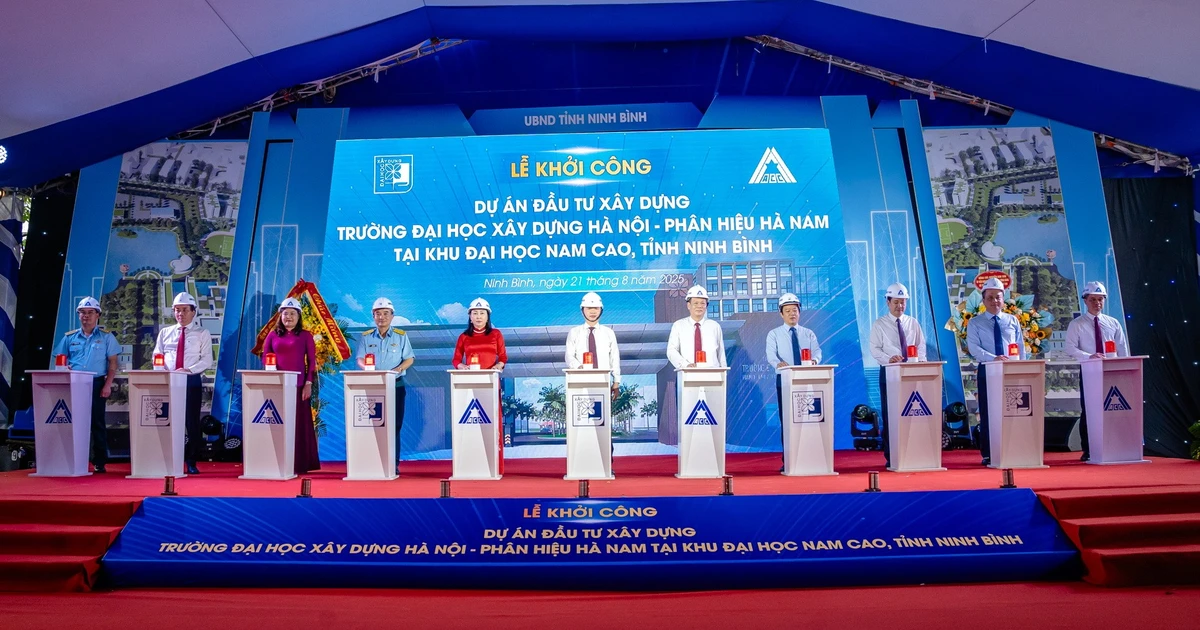
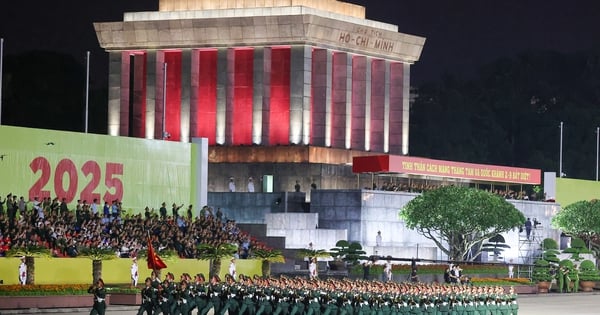
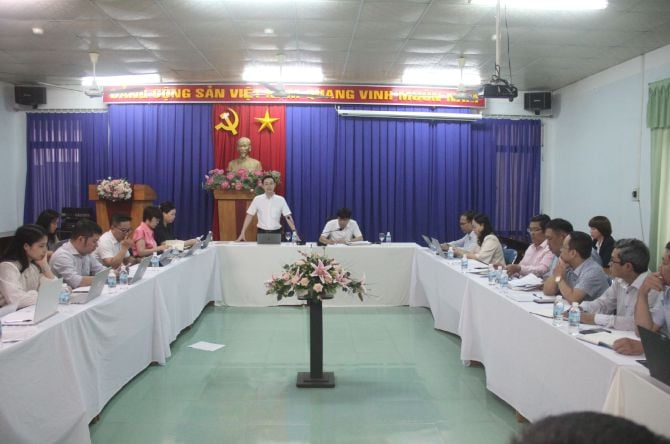
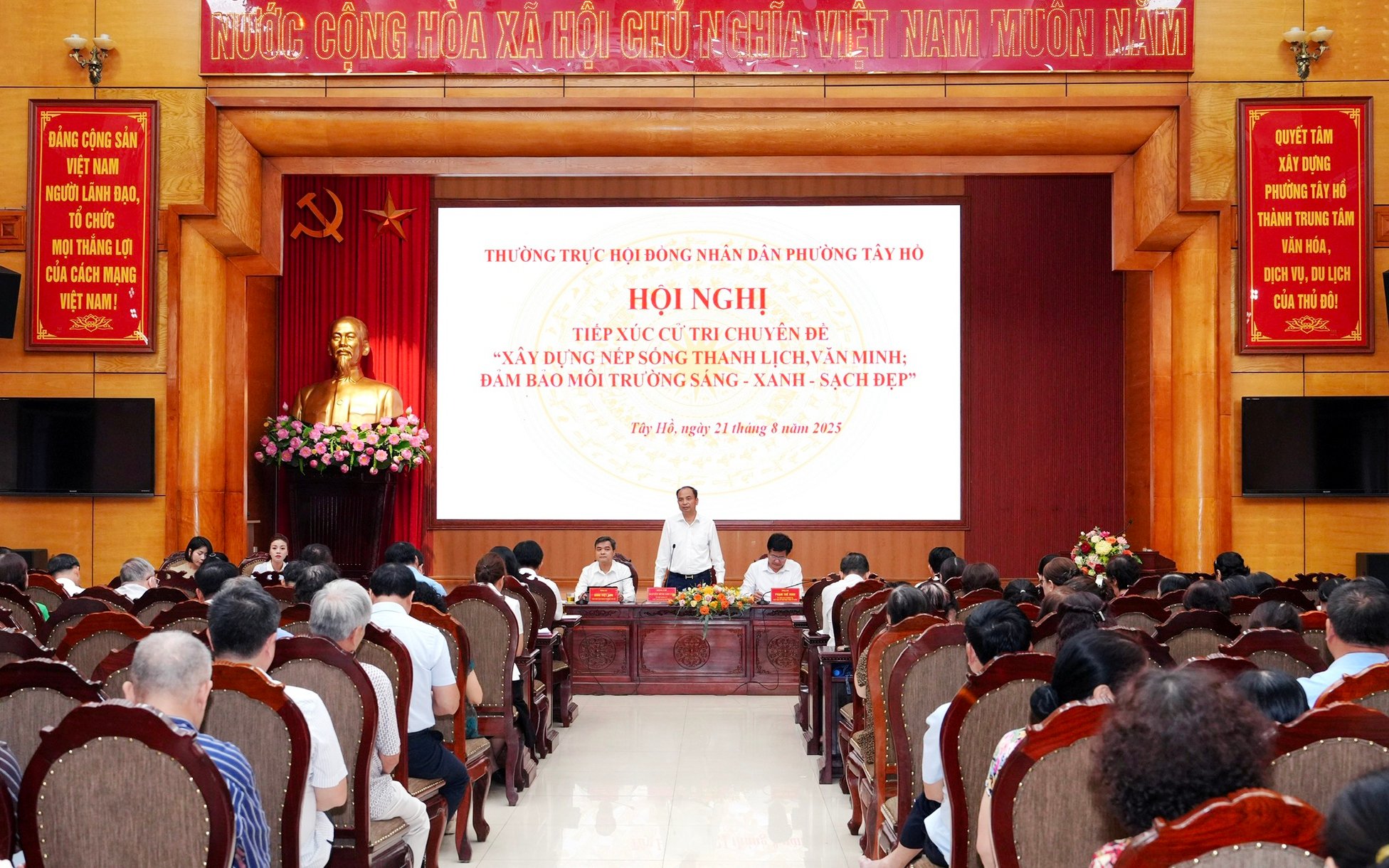
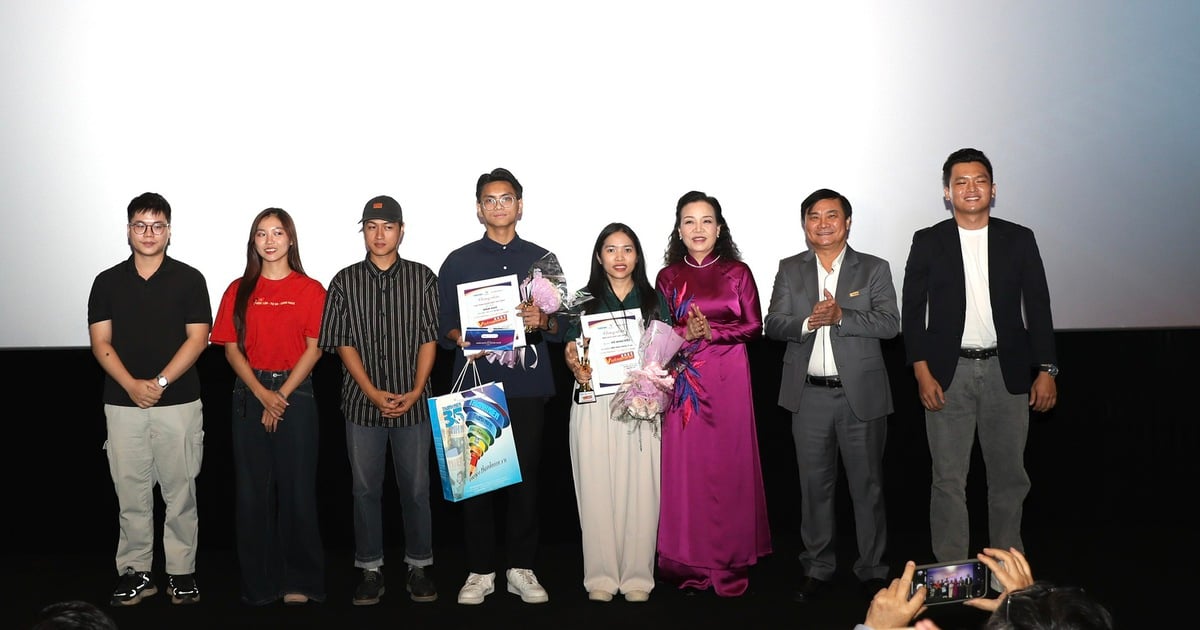
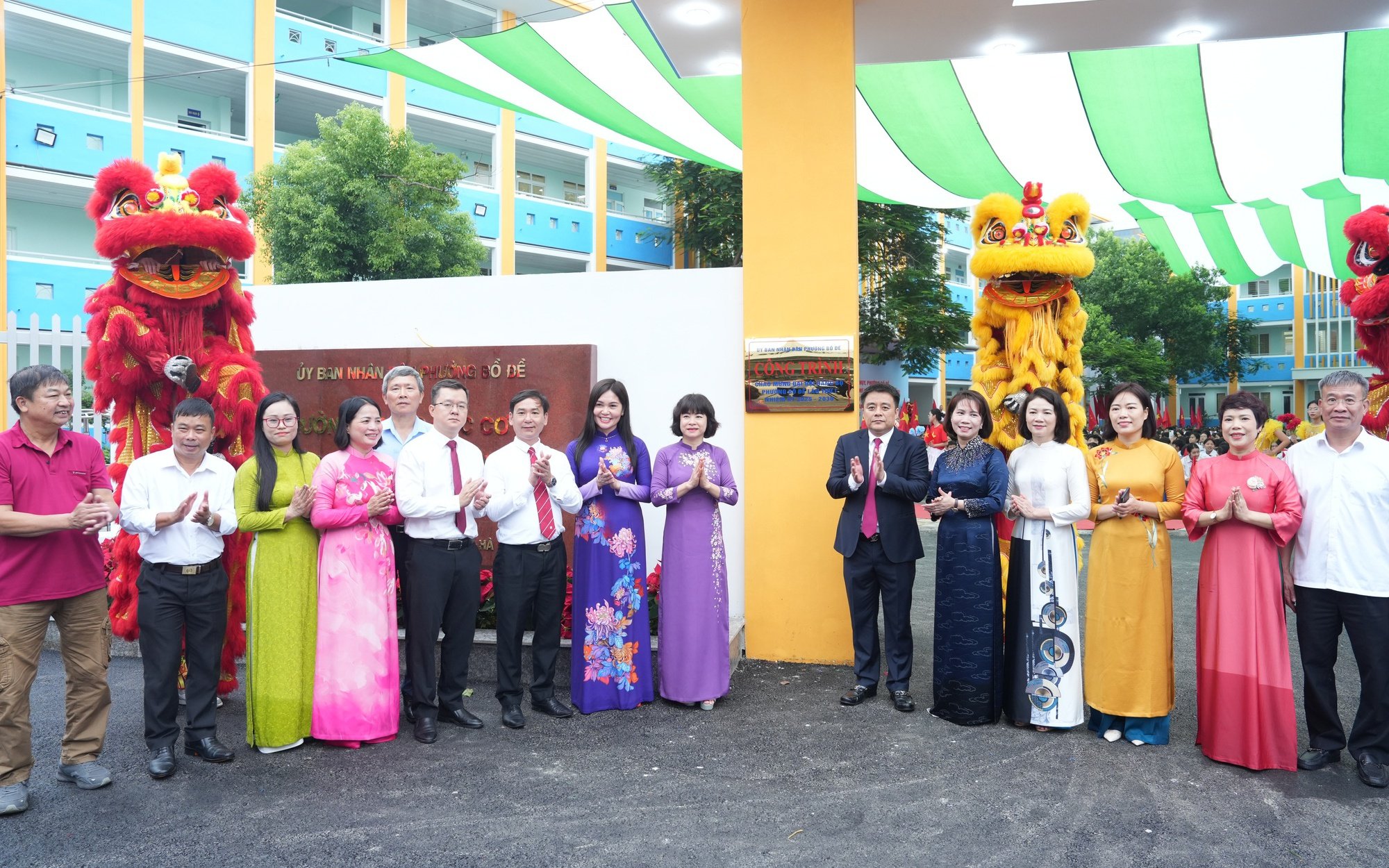














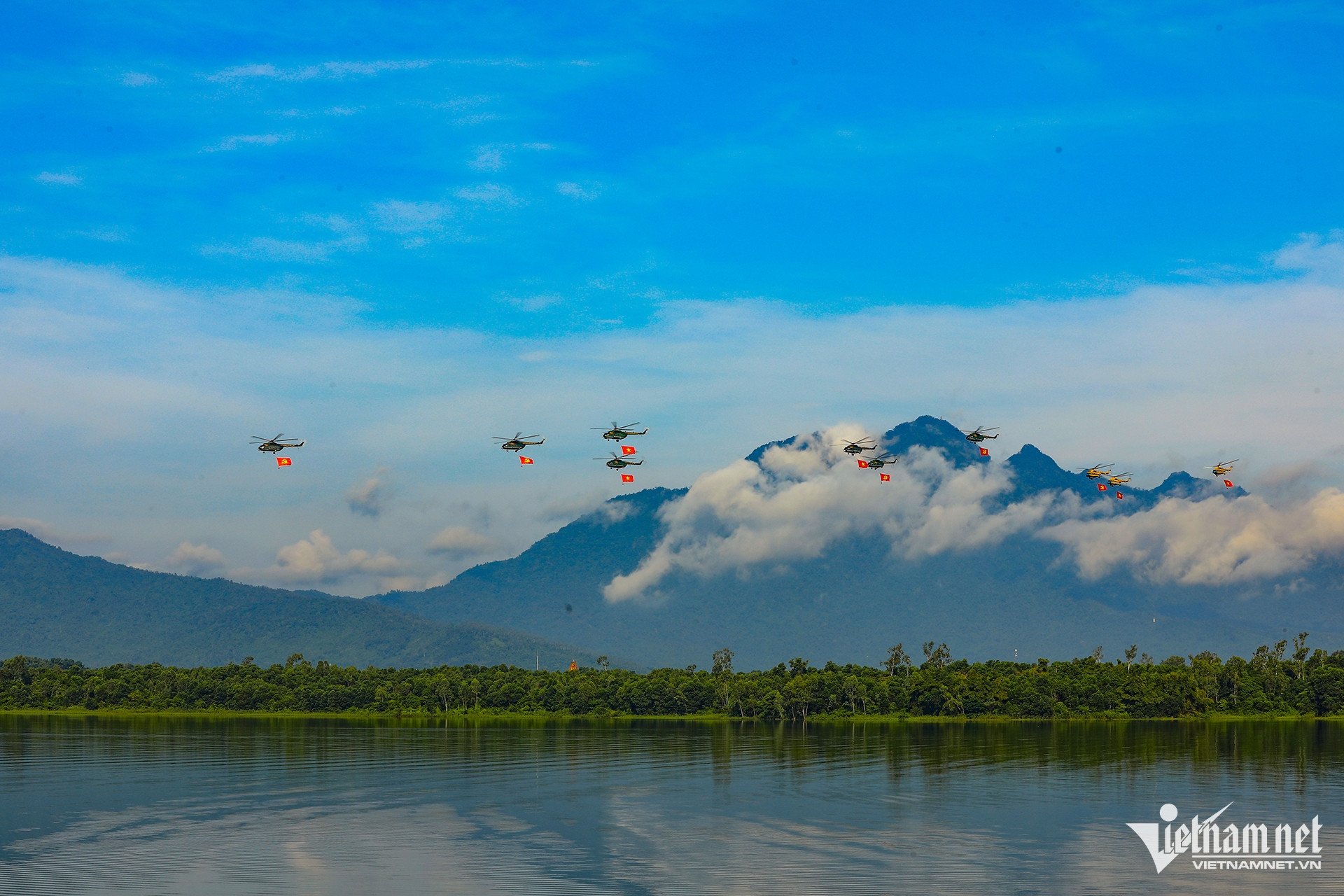


![[Photo] An Phu intersection project connecting Ho Chi Minh City-Long Thanh-Dau Giay expressway behind schedule](https://vstatic.vietnam.vn/vietnam/resource/IMAGE/2025/8/21/1ad80e9dd8944150bb72e6c49ecc7e08)

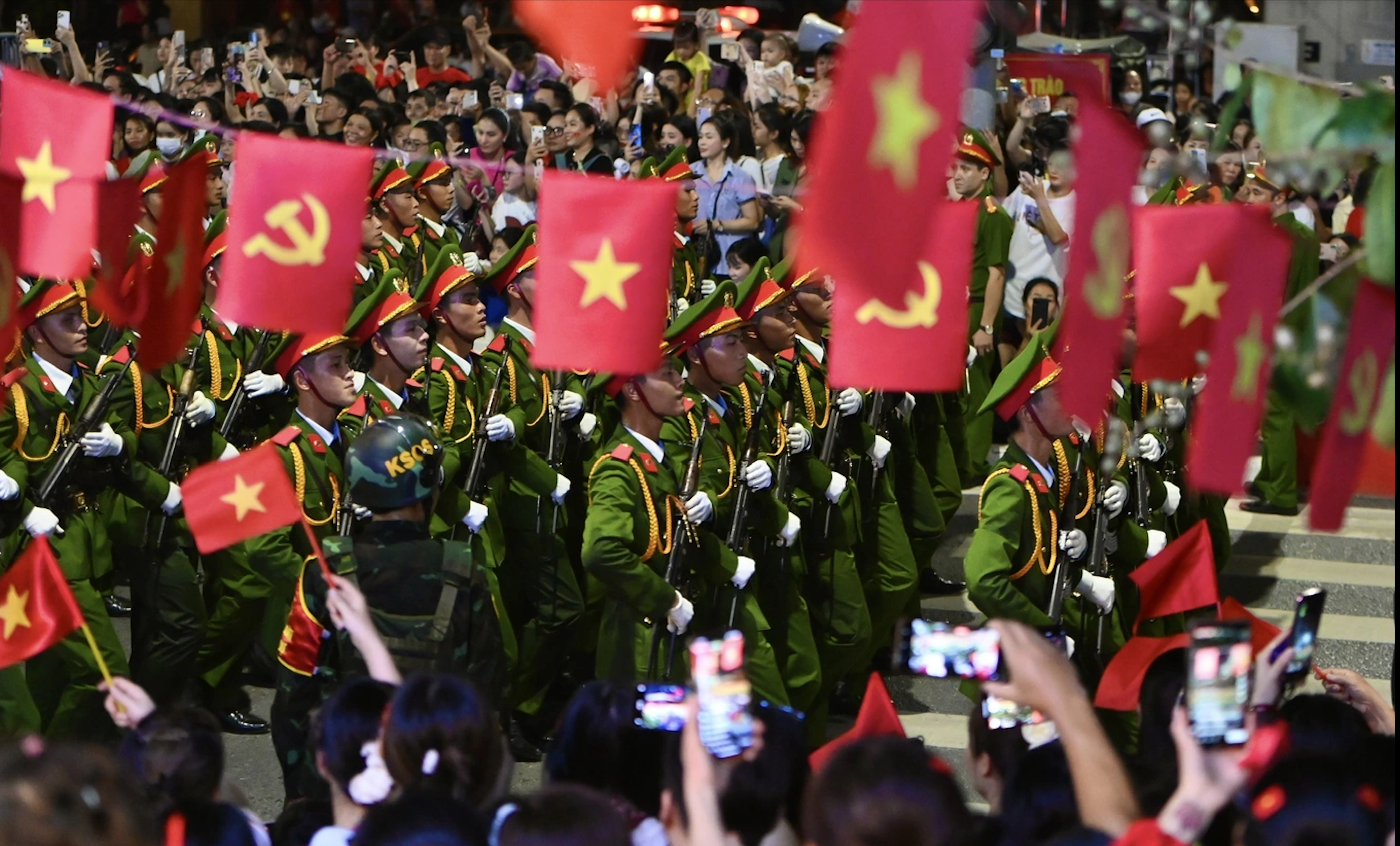































![[Photo] Politburo works with the Standing Committee of Hanoi Party Committee and Ho Chi Minh City Party Committee](https://vstatic.vietnam.vn/vietnam/resource/IMAGE/2025/8/21/4f3460337a6045e7847d50d38704355d)
































Comment (0)